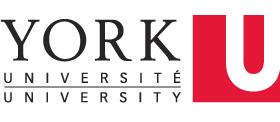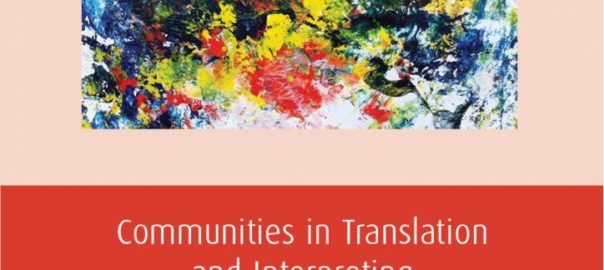Dans son compte-rendu de ce livre, paru sous la direction de Kristiina Taivalkoski-Shilov, Liisa Tiittula and Maarit Koponen, Lucile Davier, professeure à l’Université de Genève, écrivant dans la revue Target, en conclut :
 This collection of essays […] will certainly “engender further research” (21), mainly because of two strengths.
This collection of essays […] will certainly “engender further research” (21), mainly because of two strengths.
First, it is a truly interdisciplinary attempt to build on diverse methods, such as microhistory (Paloposki), nexus analysis (Määttä), and action research (Skibińska), as well as conceptual frameworks, such as community studies (Taivalkoski-Shilov and Jansen), translational action (Koskinen), peer-learning (Greenall), and voice (Walker). Second, it widens the focus of the sociology of translation by giving first-hand evidence that all translators and interpreters are embedded in communities (informal, learning, national, political, professional, reading, or academic), even if they have the reputation of lone wolves (a reputation that might have originated in text-based research).
Overall, I highly recommend this book, which is a treasure trove for scholars with interests in sociological or ethnographic approaches to translation or in subfields such as community interpreting, literary translation, music translation, and political translation. For me personally, it has become a source of inspiration for my research in news translation.
Lucile Davier, University of Geneva, dans Target: https://benjamins.com/online/target/articles/target.17120.dav

